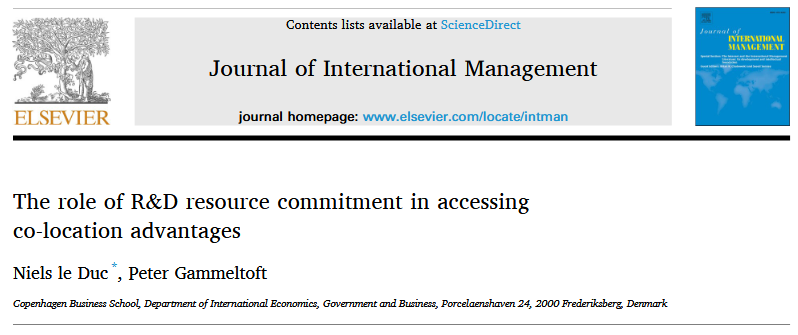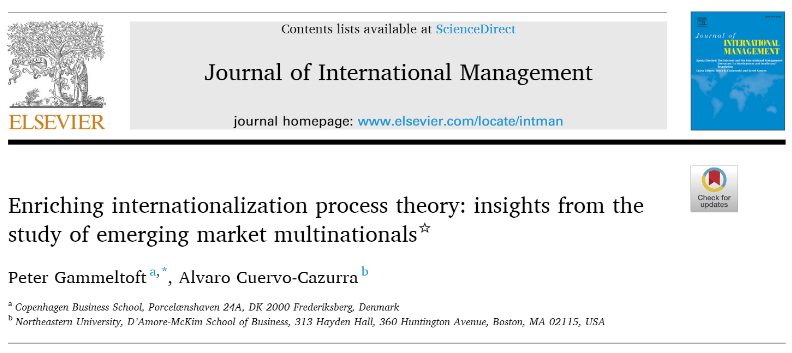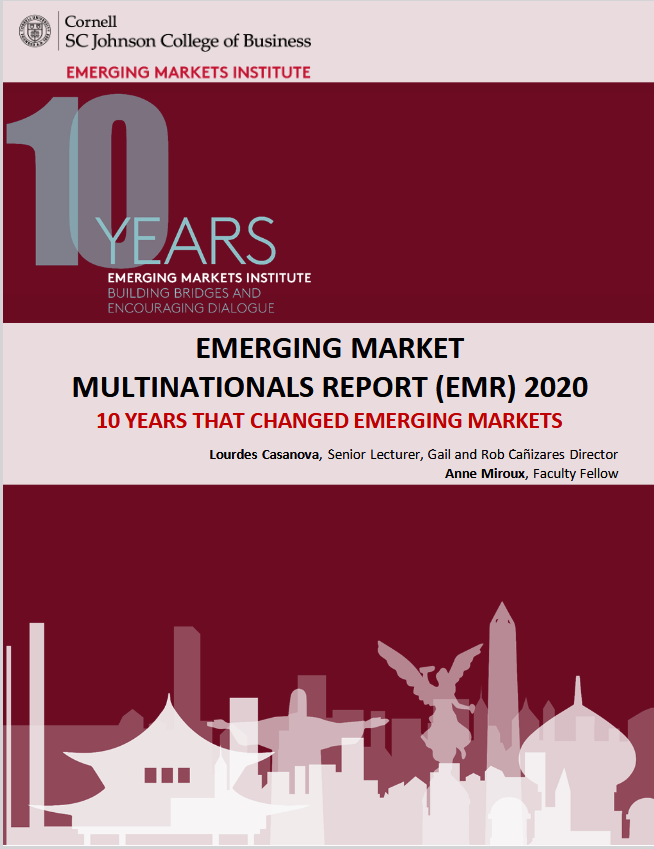Development outcomes, including the ability to capture gains from globalization, depend, to a large degree, on national embeddedness of economic activities. A Danish professor has observed this interaction over many years in Indonesia’s development.
While firms are the primary economic agents in modern economic activities, their development and impact on the wider economy are contingent on their connections to the wider institutional system, not least in countries in the Global South. Professor Peter Gammeltoft from Copenhagen Business School has observed this interaction for many years, especially in Indonesia and other Southeast Asian countries.
”For many years, I have worked with issues around economic and technological change, innovation and internationalization”, he says. “I have been particularly interested in how development outcomes, including the ability to capture gains from globalization, depend on the national embeddedness of economic activities”.
This ”embeddedness”-perspective was already an important part of Gammeltoft’s PhD-thesis in the late nineties on the development of the Indonesian electronics industry.
”I analyzed how and with which effects the companies and their activities were ’embedded’ in the wider economic and institutional system. Even though Indonesia has transitioned, successfully, from an authoritarian to a democratic system, many of these basic economic processes remain the same, only even more complex.”
”It’s a perspective that has taken inspiration from the various perspectives on national institutional systems, such as the innovation system, business system, and national technology system approaches, as well as from Albert Hirschman’s emphasis on linkages”, he explains.
Miracle and crisis
Peter Gammeltoft is now a professor with special responsibilities (MSO) at the Department of International Economics, Government and Business at Copenhagen Business School, where he has been employed since 2003.
Over the years, Peter Gammeltoft’s teaching and research interests have encompassed international development studies, economic geography, international business, business economics and innovation and entrepreneurship.
After university and a stint in international consulting, he started his academic career writing a Danida-funded PhD project in the second half of the 1990s on industrialization in Asia, with the case of the Indonesian electronics industry.
The PhD project took longer than planned due to the Asian financial crisis, which broke out a year into the project.
“When I started the project, Indonesia was considered a miracle economy but, a year later, the economy was devastated. I remember walking around in Jakarta in May 1998 with huge demonstrations, riots, burning buildings and vehicles, combat forces, tanks and helicopters and it was not easy to schedule my interviews with company managers”.
During the project, Gammeltoft spent more than a year in Indonesia and learned the language well enough to conduct interviews with managers, workers, and entrepreneurs in their own language.
After the PhD project, even though there were certainly many worthwhile issues for research, he had to realize that, at the time, the interest in Indonesia from the Danish side was limited. Instead, he participated in developing and launching an international researcher network, “Globelics”, focused on innovation in emerging and developing economies.
International networks
For several years, Gammeltoft’s main research interest moved to China. He studied first foreign investment in China and then Chinese foreign investment abroad, especially related to research and development (R&D) and knowledge-intensive activities.
He also did research and teaching on emerging markets more broadly and started running a biennial international conference series at CBS about them in 2008, which is still ongoing. As an outgrowth, he is currently running a Ministry of Higher Education and Science “International Network Programme” focused on emerging markets with scholars at three North American universities.
Yet, he has maintained his research interest in Indonesia and has, over the years, spent a total of around three years in the country, conducting the first comprehensive study of Chinese investments in Indonesia in cooperation with Indonesian partners, and a follow-up study some years later.
In terms of current research interests, Gammeltoft is looking back towards where they began.
“The Danish government and industry are increasingly becoming interested in other emerging economies besides China, such as Indonesia, Vietnam and India, and I’m considering how I might bring my research interests and competencies to work on contemporary Indonesian development challenges”.
One particularly relevant research challenge that Peter Gammeltoft is currently focusing on is green transition in the Indonesian energy sector.
“Indonesia is one of the world’s largest emitters of greenhouse gasses and also one of the countries most vulnerable to the effects of climate change. Yet, even though Indonesia has huge potential in renewable sources of energy, the uptake of these technologies is very limited, and while progressive plans and policies have been elaborated, very little concrete progress is achieved. Even in a contemporary world full of uncertainties, it’s difficult to think of a more important research challenge.”







